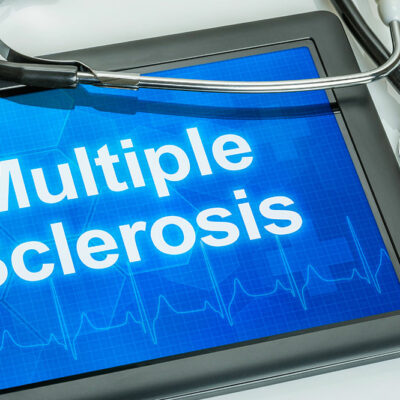
7 Foods That Can Trigger Breathing Issues
Breathing issues can be a real drag, especially when they sneak up on you from unexpected places like your plate. Whether you’re dealing with asthma, eosinophilic esophagitis, chronic obstructive pulmonary disease (COPD), nasal polyps, sinus issues, or just the common cough and cold, knowing which foods to avoid can make a world of difference. Companies like Humana, Takeda, Nucala, and Sensimist are making strides in treatments, but prevention can start with diet. Let’s dive into the seven foods that might be making it harder for you to catch your breath.
1. Dairy products
While a glass of milk might seem harmless, dairy products can be a hidden culprit behind breathing issues. For some people, dairy increases mucus production, which can lead to congestion and exacerbate conditions like asthma and sinus issues. If you find yourself wheezing or coughing after indulging in cheese or ice cream, it might be time to explore some dairy-free alternatives.
2. Processed meats
That tempting slice of bacon or deli sandwich might be contributing to your breathing woes. Processed meats are often high in nitrates, which can cause inflammation and worsen conditions like COPD and asthma. Swapping out processed meats for fresh, lean options can help keep your airways clear and your lungs happier.
3. Fried and fatty foods
We all love a good French fry, but greasy, fried foods can lead to inflammation and worsen respiratory conditions. These foods can also contribute to obesity, which is a risk factor for breathing problems. Keeping your diet light and fresh can make it easier to breathe easy and enjoy your day.
4. Sulfite-rich foods
Sulfites are commonly found in foods like dried fruits, wine, and some pickled goods. For those with asthma, sulfites can trigger symptoms and make breathing more difficult. Checking labels and opting for sulfite-free options can help you avoid unnecessary flare-ups.
5. Shellfish and other allergens
For those with eosinophilic esophagitis or other allergic conditions, shellfish and other common allergens can be a big problem. Allergic reactions can cause swelling and inflammation in the airways, leading to difficulty breathing. If you suspect a food allergy, it’s important to consult with a healthcare professional and consider an allergy test.
6. Salt
While salt itself doesn’t directly cause breathing issues, high sodium intake can lead to fluid retention, which may worsen conditions like COPD and asthma. Keeping your salt intake in check can help manage symptoms and keep your lungs functioning at their best.
7. Spicy foods
Spicy foods can trigger a reaction in some people that leads to coughing or a runny nose, both of which can complicate existing respiratory issues. If spicy foods leave you breathless in a not-so-good way, it might be worth dialing down the heat in your meals.
Taking control of your diet is a proactive step in managing breathing issues. But sometimes, food adjustments aren’t enough, and that’s where medications come into play. For asthma, there are several treatment options available, ranging from inhalers to biologics like Nucala. Sensimist is another option for managing nasal symptoms. Consulting with healthcare providers can help tailor a treatment plan that fits your needs. Companies like Humana and Takeda are constantly researching and developing new treatments, providing hope and relief for those struggling with respiratory conditions.
Tezspire, an innovative treatment for chronic asthma, helps manage severe symptoms, including those triggered by food allergens. Eosinophilic vasculitis, a rare condition linked to severe asthma, can also benefit from therapies like Tezspire. Additionally, FluBlok Quadrivalent and Fluzone vaccines are vital for reducing flu risks in individuals with respiratory conditions. Sensimist provides allergy relief, while Xolair remains a key treatment for asthma exacerbated by environmental and food-related triggers.
Understanding the connection between diet and breathing can empower you to make informed choices. By identifying and avoiding these trigger foods, you can breathe a little easier and focus on living your best life.


